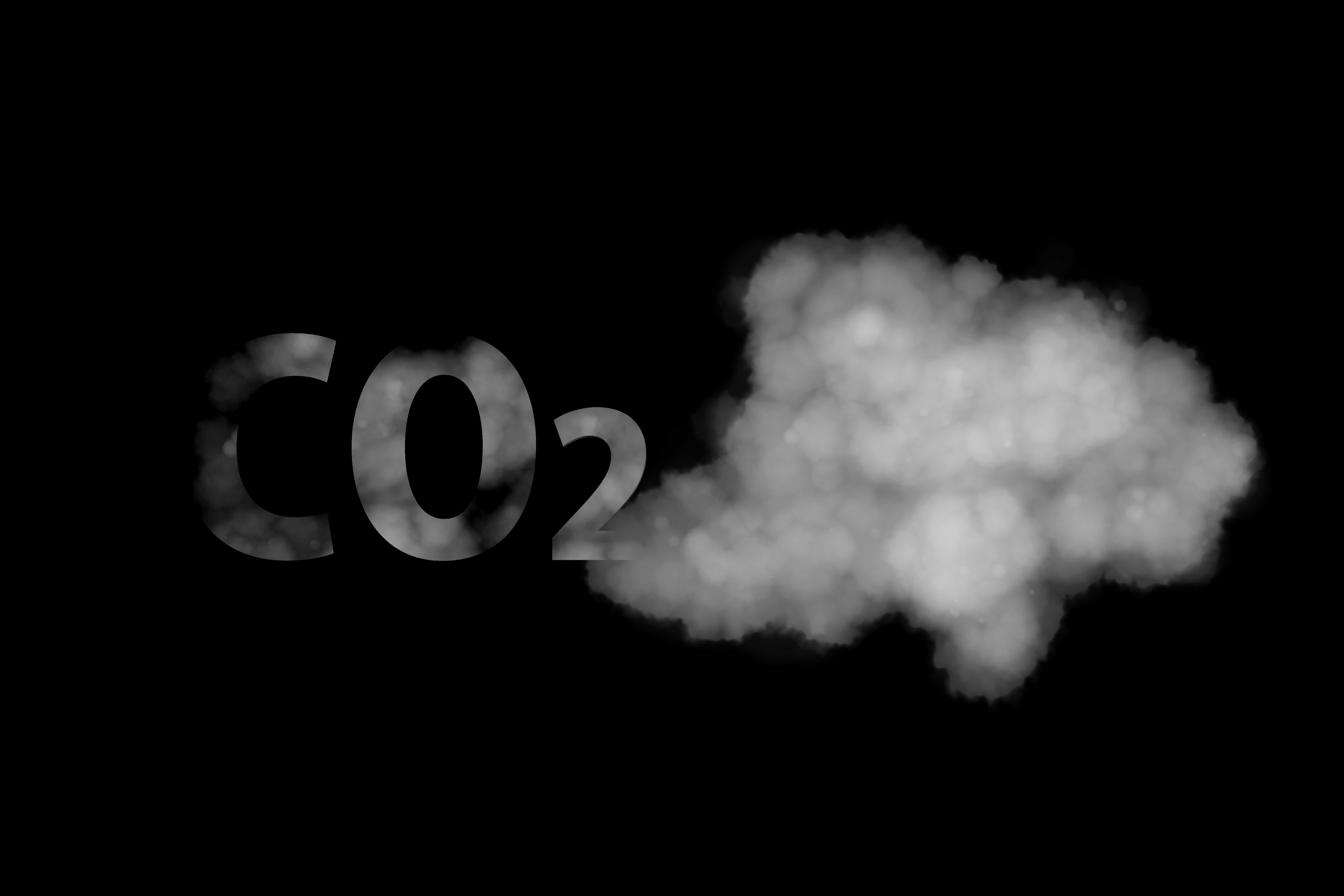
Membranes come in all shapes and sizes. They are artificial filters that are used, for example, in water purification or car catalyzers. They are also used in pipes in factories. Researchers from University College London (UCL) and Newcastle University have now developed a new type of membrane that makes it easier to separate carbon dioxide (CO2) from other non-toxic gases.
The researchers call it a “coffee filter” in their press release. It allows, for example, non-toxic nitrogen to pass through while CO2 is captured, The CO2 is subsequently stored or processed into something else.
CCS
The precious metal silver plays a central role in the solution offered by these British universities. The whole membrane is not made of silver but only a slight amount is added, according to Greg Mutch of the University of Newcastle. This not only results in a much more effective filter, but it is also one that can compete with other methods of capturing CO2 as far as costs are concerned.
Professor Paul Shearing from UCL Chemical Engineering thinks it could make a major contribution towards the energy transition and in making the industry CO2-free. The study was published in the journal Energy and Environmental Science.
Sustainable energy
Of course, capturing the greenhouse gas CO2 only makes sense if something is done with it. In recent years a lot of research has gone into underground storage. This is known as CCS for short or Carbon dioxide Capture and Storage. Yet some people also see risks to public health, among other things. As a result, large-scale application of CCS is still a long way off. Several scientists are also working on the chemical bonding of CO2 to create another practical substance. However, this is not economically viable quite yet.
Needless to say, the alternative to this is sustainable energy (wind, solar) whereby barely any CO2 is emitted.






